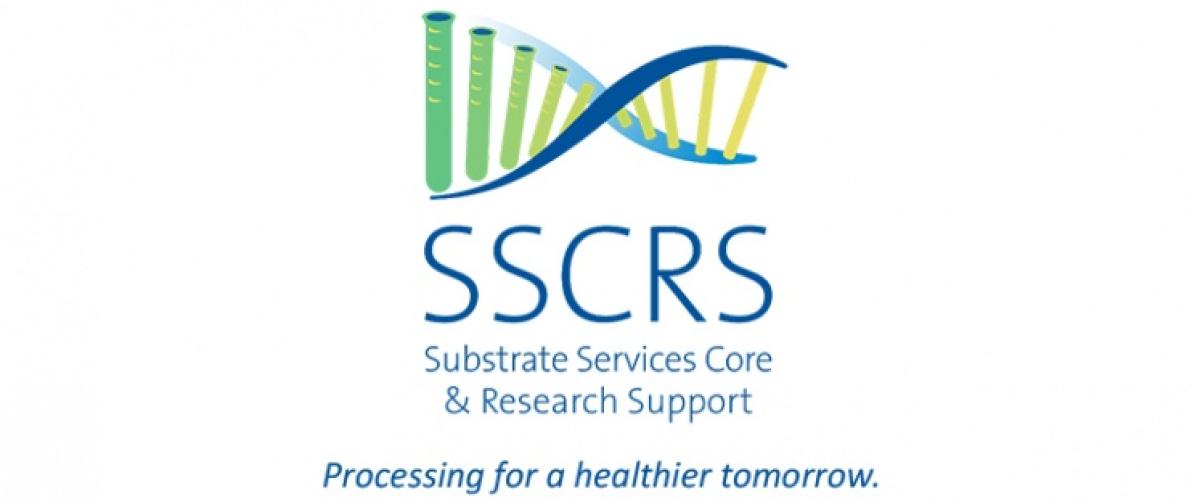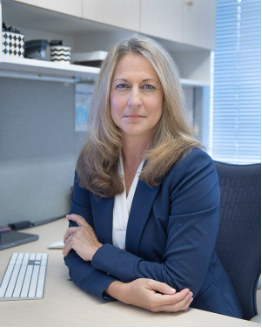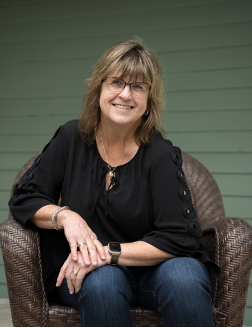
Personnel & Contact Information

Mary-Beth Joshi, MPH
Director, SSCRS

Robyn Osborne, MS
Assistant Director, SSCRS
Bartley Adams: Laboratory Manager; Molecular Unit Lead
Paula Newell: Histology Unit Lead
Chandler Sloan: Logistics Lead
Phone: 919-684-2294
Location: MSRB 1, 4th Floor
Overview
The Substrate Services Core & Research Support (SSCRS) is a College of American Pathologists (CAP)–accredited, BSL2+ biorepository and biospecimen processing core facility within the Duke University School of Medicine. As part of the OneDukeBio Biobanking Research Support Infrastructure, SSCRS provides centralized expertise and infrastructure to enable the acquisition, processing, storage, and distribution of high-quality biospecimens for basic, translational, and clinical research.
Since its establishment in 2014 (core designation in 2016), SSCRS has processed samples from more than 16,200 subjects, supported over 37,775 collection events, and generated more than 600,000 vials, serving over 150 active studies including NIH, FDA, DoD, Industry, Clinical and cooperative group trials.
Our highly trained biorepository laboratory staff possess the specialized expertise required for standardized, high-quality biospecimen management. Unlike relying on ad hoc lab setups, SSCRS provides investigators with the assurance of regulatory compliance, quality oversight, and operational reliability. The SSCRS team works directly with investigators and their study teams in a concierge-style model, tailoring workflows to meet the unique requirements of each protocol. We also integrate seamlessly with other OneDukeBio facilities and Duke core facilities, ensuring smooth handoffs for specialized downstream assays and analyses.
Core Services include:
- Biospecimen Management Services
- Protocol consultation and lab manual drafting
- Collection kit construction and distribution
- Data management and inventory systems
- Secure monitored cryogenic storage
- Transfer, shipping, and tracking of samples
- Biospecimen Processing, Handling & Storage Services
- Collection and processing of tissue, serum, plasma, PBMCs, whole blood, urine, feces, saliva, CSF, and other biospecimens
- On-call technician support for after-hours collections
- Secure monitored cryogenic and ultra-low storage
- Transfer, shipping, and tracking of samples
- Molecular Services
- Nucleic acid isolation
- Quantification and quality control
- Dilution and plating to assay specifications (with seamless handoff to Duke core facilities)
- Viral monitoring
- Quantitative PCR
- Histology Services
- Routine paraffin processing, embedding, and sectioning
- Fresh tissue freezing, embedding, and sectioning
- Basic histologic stains and special stains
SSCRS operates as College of American Pathologists (CAP)–accredited biorepository under the Biorepository Accreditation Program (BAP). Good Clinical Laboratory Practice (GCLP) requirements and ISBER guidelines and best practices are embedded within the CAP-BAP standards and are integral to SSCRS operations. All staff are IATA-trained and certified for compliant national and international biospecimen shipping.
By working with SSCRS, investigators gain the benefits of centralized expertise, concierge-level support, and seamless integration with Duke’s broader core network. This ensures that every biospecimen is processed, stored, and tracked to the highest standards—accelerating research timelines, reducing variability, and protecting the integrity of samples that drive discovery.

We look forward to working with you!
Collaborate with Us
SSCRS Kit Request Form
Biospecimens, Sample Processing and Biobanking Support
Histology Support
Molecular Support